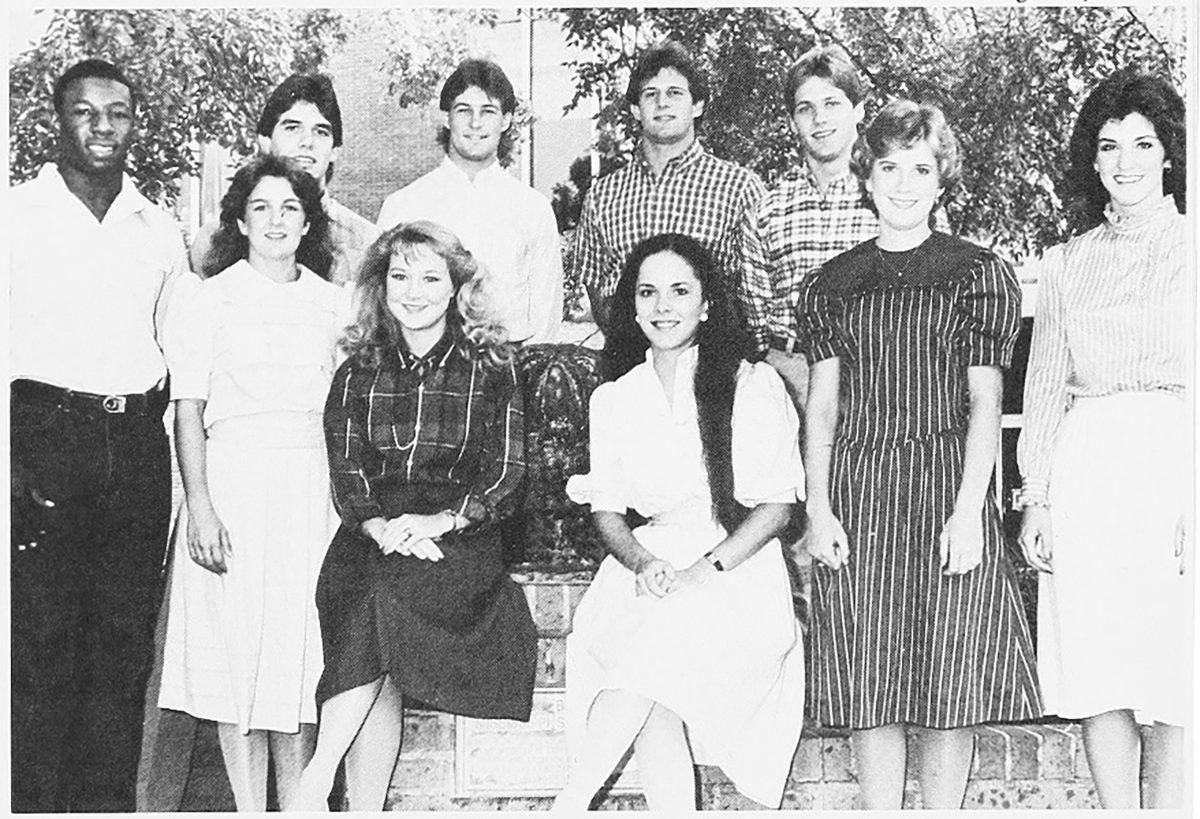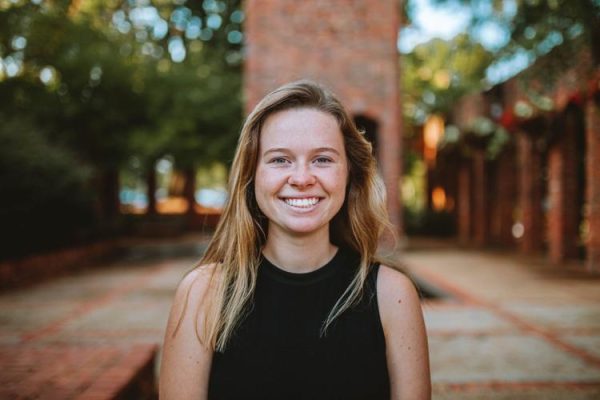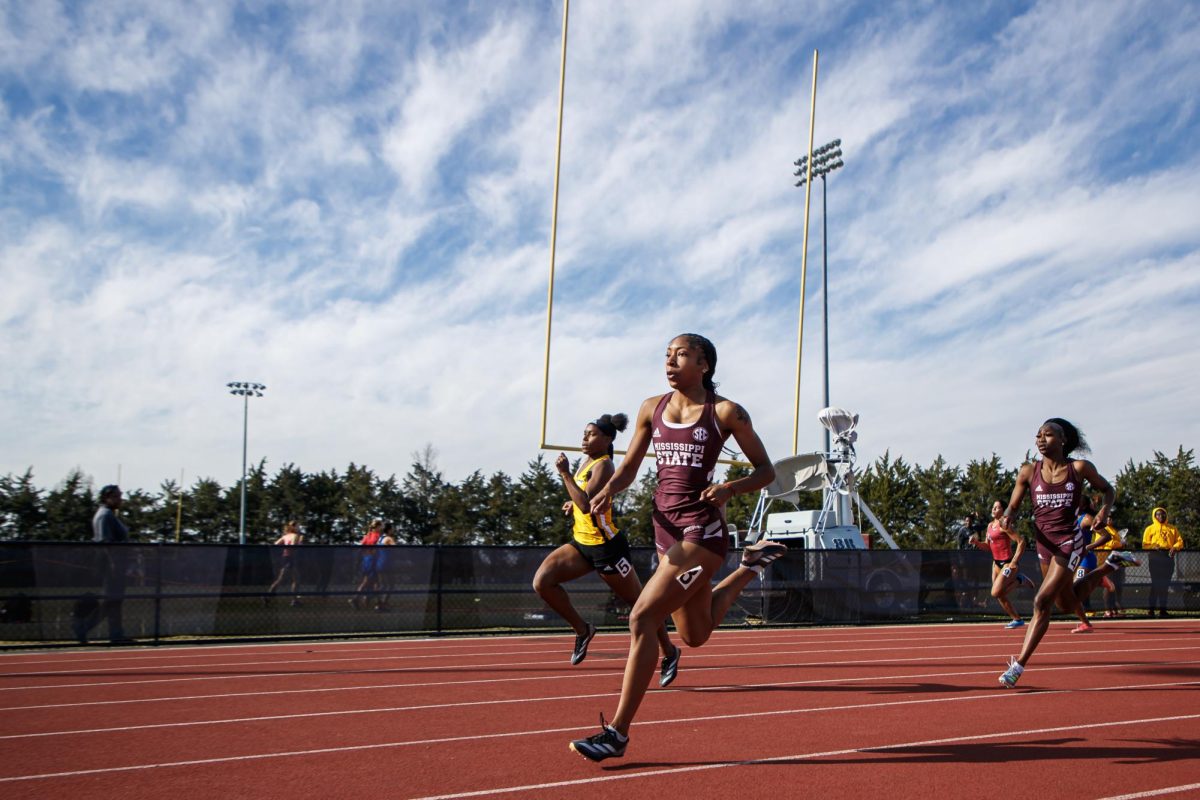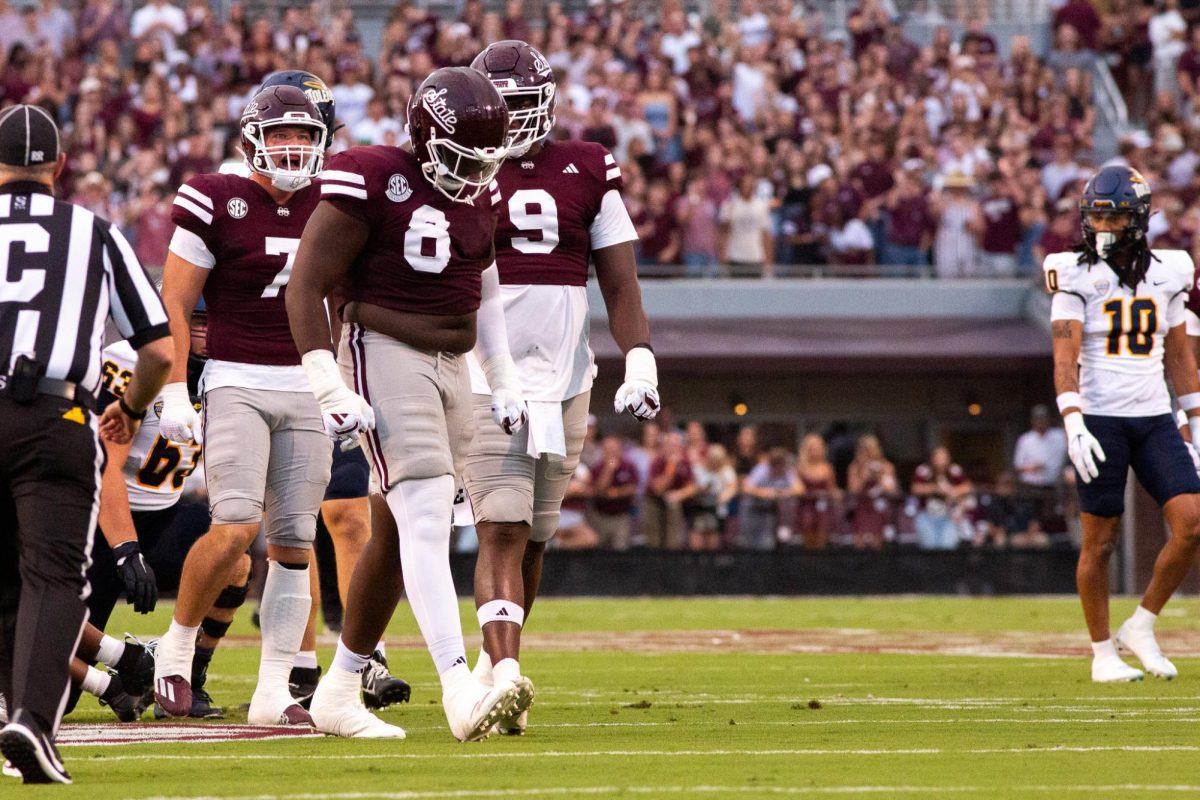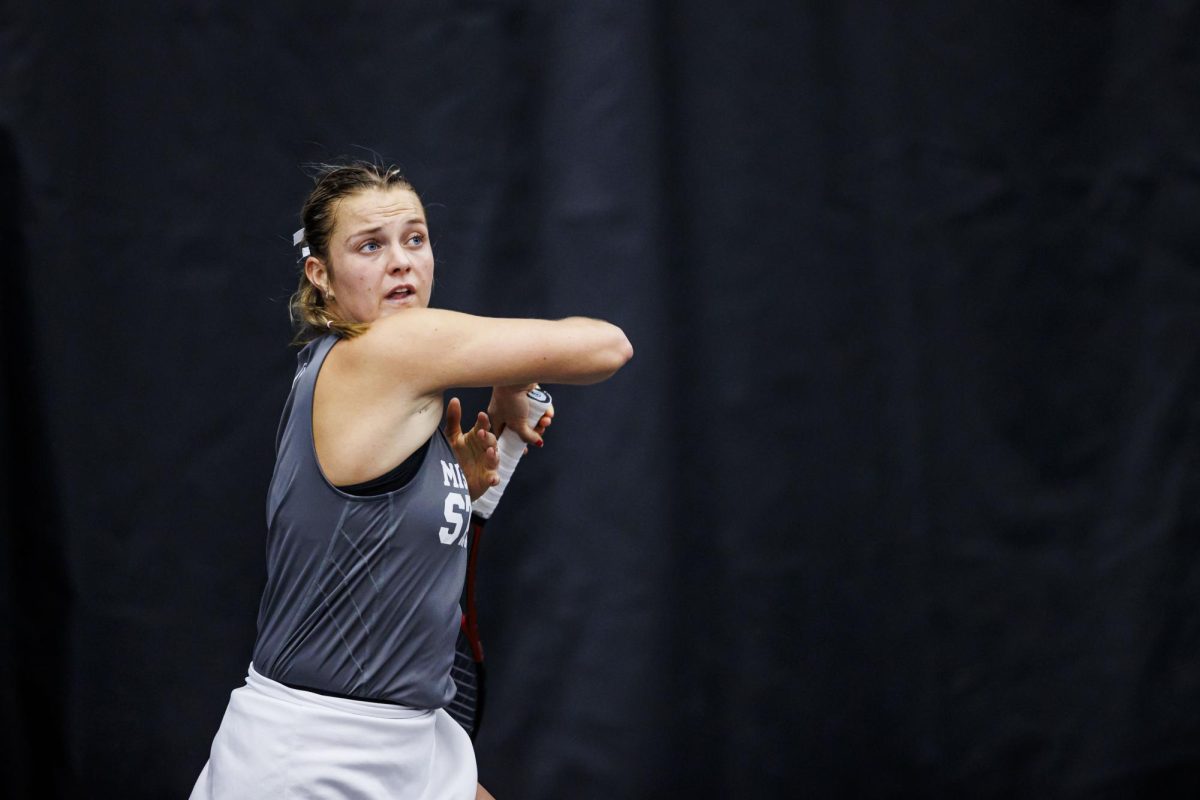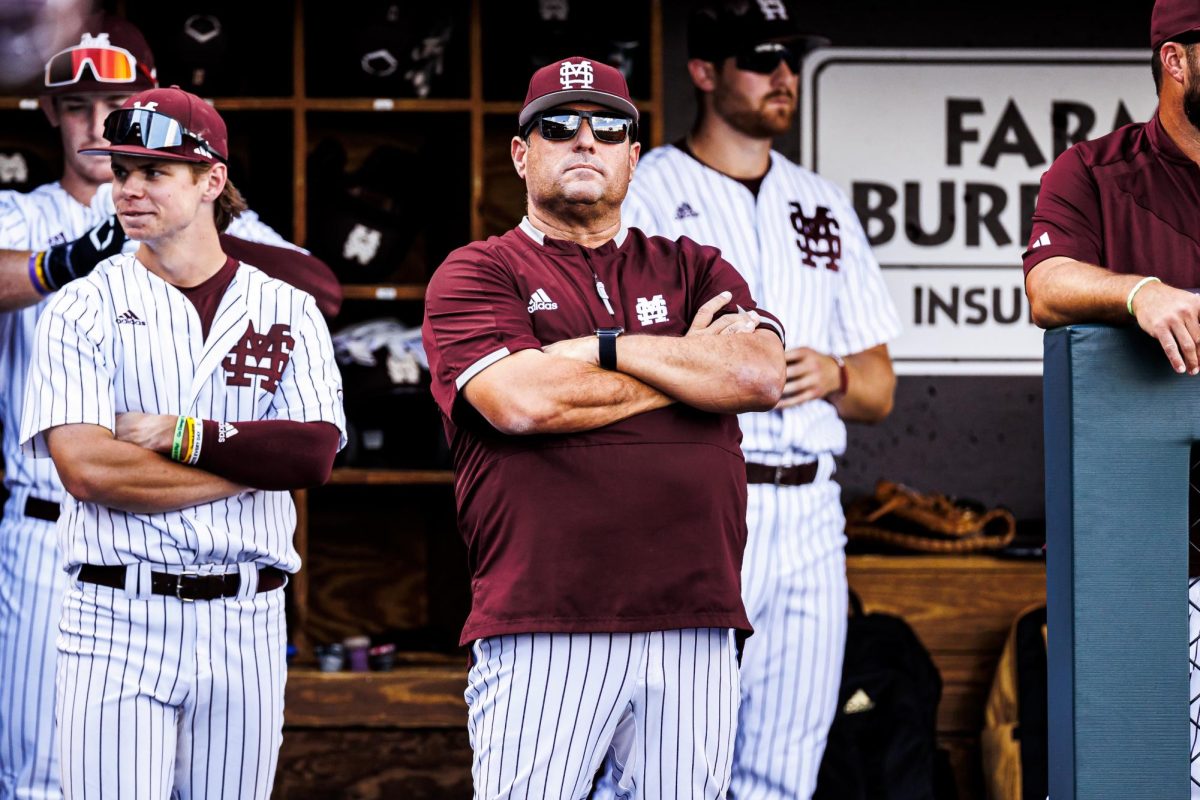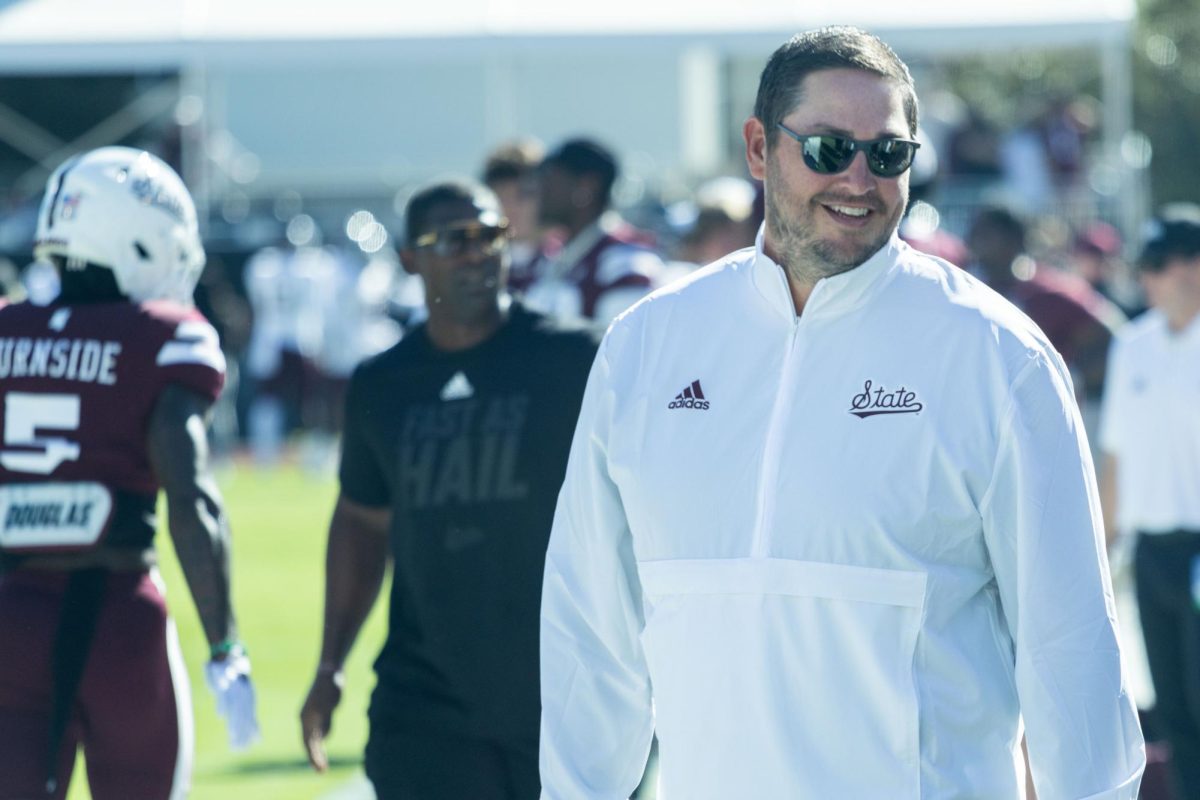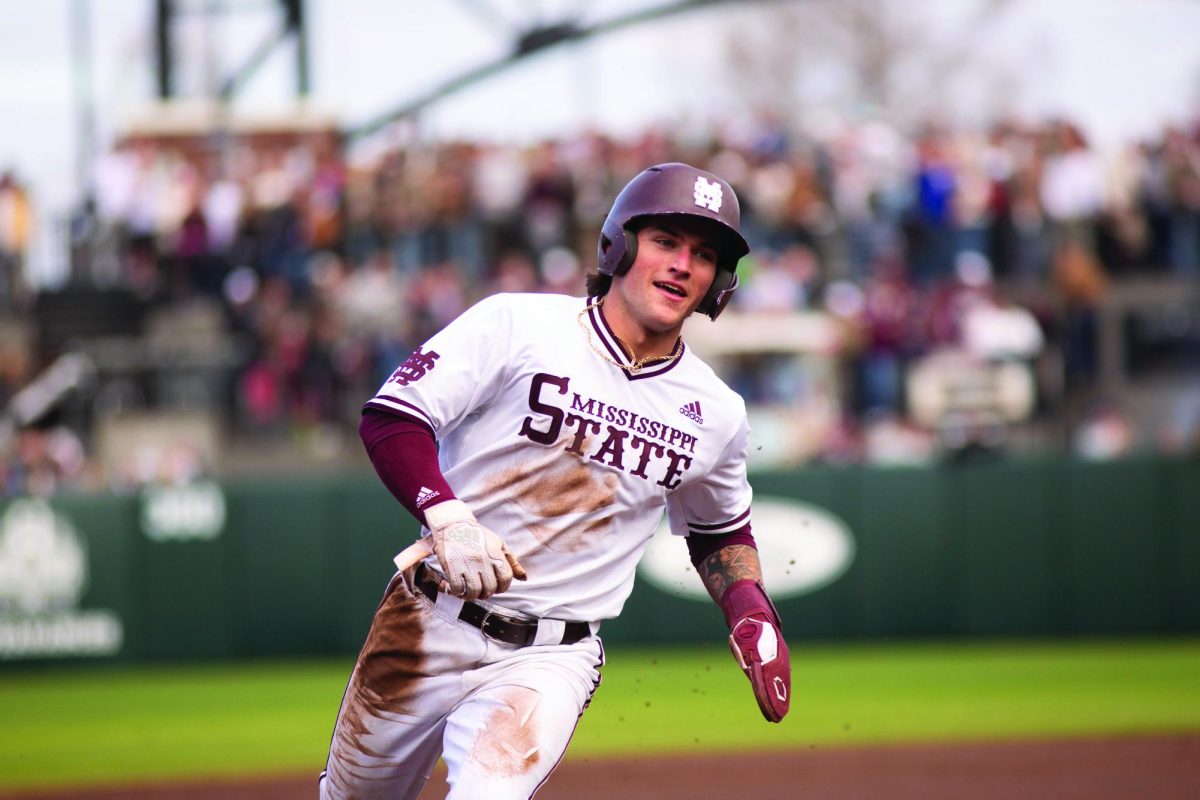This is not Allen Dean Jenkin’s first time being written about by The Reflector student newspaper. Back in 1983, he made headlines for being the first Black cheerleader in the history of Mississippi State University. Turns out, that “first” was only one of many for Jenkins.
After graduating from MSU in 1987 with a degree in graphic design, Jenkins took a job with the Cirlot agency in Jackson. There, he was the first Black member to work in the creative department of a Mississippi advertising agency. He was then recruited to work for Guice & Guice advertising in Biloxi, Mississippi, where he won several national awards, before eventually working at Burrell Communications Group in Chicago, the largest African American owned agency in the nation. However, Jenkins’ dream was always to open his own advertising agency. So, in 1993, he returned to Mississippi and opened Power Lines Advertising and Design, which became the first and only full-service advertising agency, minority owned, in the state of Mississippi.
“I had a great career in advertising, was able to build my dream home and all that kinda stuff. I had four full-time employees at one time and had regional clients, won some national awards,” Jenkins said.
Clients of his firm included Tuskegee University and the Mississippi State Port Authority.
But, Jenkins sensed a higher call on his life. Now, he is the senior pastor at First Missionary Baptist Church in Bay St. Louis, Mississippi, and is pursuing a masters of theology and Biblical studies at Belhaven University.
Jenkins remembers his time at MSU fondly, saying the school prepared him well for his career.
“The university has served me well, I used my degree all my life and I still do freelance work in advertising,” Jenkins said.
MSU Professor Emeritus Brent Funderburk, one of Jenkins’ professors at the time, recalled Jenkins’ positive presence in his classroom.
“He was a very sweet, fine and talented human being who got along with everyone! He had all the signs of success ahead- a warm, encouraging voice in a world who needs him,” Funderburk said in an email to the Reflector.
Jenkins was a standout student and trailblazer from the beginning. He grew up in the Mississippi Delta on a soybean and cotton farm. He graduated at the top of his class from tiny Glen Allen high school in Washington County and was the first member of his high school to ever attend MSU.
Since his high school was so small, they did not even have a football team. But because he grew up on a farm, he was built athletically. When he got to college, he decided he would try out for the cheerleading team.
“I never tried on a football pad in my life. I was built like a football player, but I never played organized football. And so I said, ‘Okay, well, hey, I can do this jumping and throwing girls in the air thing.’ So I decided, okay, if I couldn’t represent the team in athletics, I tried cheerleading,” Jenkins said.
And Jenkins made the team. When he was interviewed for his article in the 1983 Reflector, Jenkins noted that a large amount of the players on the football and basketball teams were Black, but none of the cheerleaders were.
“Motivation from a black or group of blacks on the cheering squad could possibly motivate our team members and give them a more dedicated sense of pride in knowing that they are being represented equally,” Jenkins said in the 1983 article.
He also said in that article that he hoped his being the first Black cheerleader would pave the way for more Black members of the squad.
Indeed it did. Jenkins’ roommate, inspired by Jenkins, actually became the first Black mascot, donning the iconic Bully costume.
Jenkins said overall, he was treated fairly and equally on campus and in the squad, although he recalled one incident in particular where he heard from a friend that he was viewed negatively because of his race.
“That was one of the negative experiences. But other than that, my partner was terrific. Other teammates or squad mates were terrific. Never, never had any racial blowbacks from anyone on campus or anything like that. I didn’t realize I was sort of a celebrity after I graduated,” Jenkins said.
What Jenkins did not realize is that a lot of the student body knew who he was even if he did not know who they were—a side effect of being on the field for every game.
“People told people, ‘Yeah, I remember that guy. I remember that guy,’ but when you’re in the moment, you just think you’re a normal student,” Jenkins said.
Aside from being on the cheer team, Jenkins was the “first” to fill another position. For his on-campus job with dining services, Jenkins was named the first “student banquet manager” and was in charge of serving meals to dignitaries at the university president’s home. Through this experience, he became good friends with Tommie Zacharias, the wife of Donald Zacharias, the president at the time and namesake of Zacharias Village on campus today. Not only did he serve the university president in this role, he distinctly remembers serving former U.S. president Gerald Ford once.
Jenkins said his being on the cheer team meant a lot to the Black community at the time.
“It made them extremely proud. To be a part of the team, representing the university as the only Black cheerleader and then representing the student body, the African American student body, as the only Black cheerleader, I thought it meant much to them. It gave me a sense of pride as well,” Jenkins said.
Donald Shaffer, director of African American studies at MSU today, highlighted the inherent difficulty of being “the first” in previously all-white spaces.
“We too often celebrate civil rights milestones from the luxury of historical hindsight,” Shaffer said in an email statement to the Reflector. “That perspective can often obscure the challenges that come with being ‘the first’ to break down persistent social barriers. To be sure, Allen Jenkins’ achievement as the first African American cheerleader at MSU is a profile in courage.”


